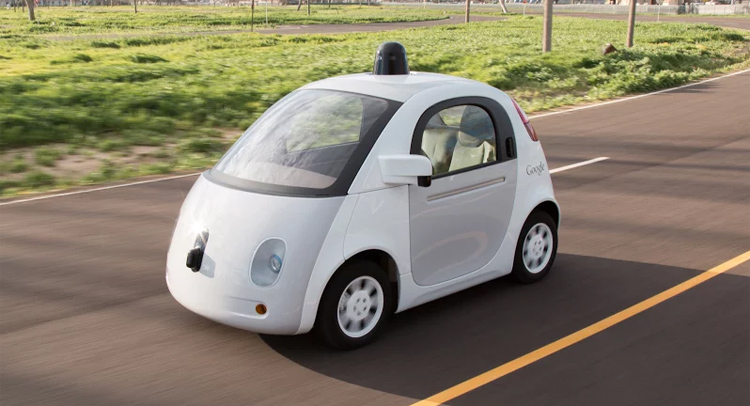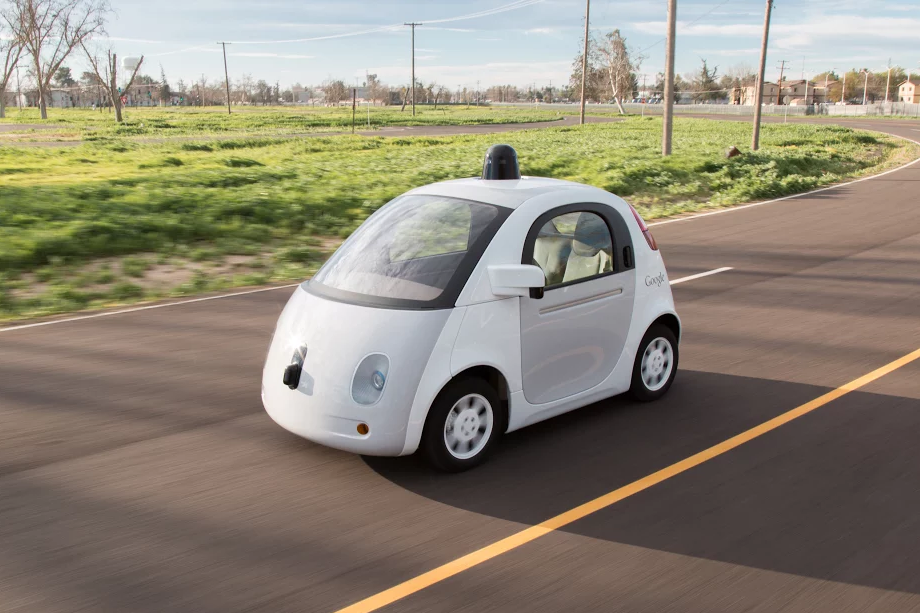What would happen if all the cars that exist today were replaced by autonomous electric vehicles?
Besides the well-known argument about safer roads, researchers from the Lawrence Berkeley National Lab in California believe the environment would be much cleaner too.
As a matter of fact, greenhouse gas emissions could drop by more than 90 percent, while oil consumption from cars would (logically) disappear altogether. There’s nothing surprising so far, but here’s where the interesting (and controversial) part begins.
Berkeley researchers were surprised by how efficient such a system would actually be, despite the relatively high cost of electric vehicles today. “You don’t often find that, where the cheapest is also the greenest,” Jeff Greenblatt, co-author of the study, was quoted as saying by Popular Science.
He estimated that a fleet about 15 percent of the size of all private cars could service the same population, if scheduled correctly. I’m sure many of you would have an issue with that, as would I. Wouldn’t that be like using public transport? What would happen to the sense of freedom automobile ownership offers?
These are rhetorical questions, so let’s continue. Greenblatt also says the real savings would be found in the operating cost of the vehicles. Even if an electric driverless car would cost $150,000 up front, researchers say the car would pay for itself before five years since it could drive 24/7, use no gasoline and not require a salary.
But autonomous cars will likely be considerably less expensive than that – an IHS study estimates autonomy will only add around $5,000 to a car’s current sticker price by 2030.




